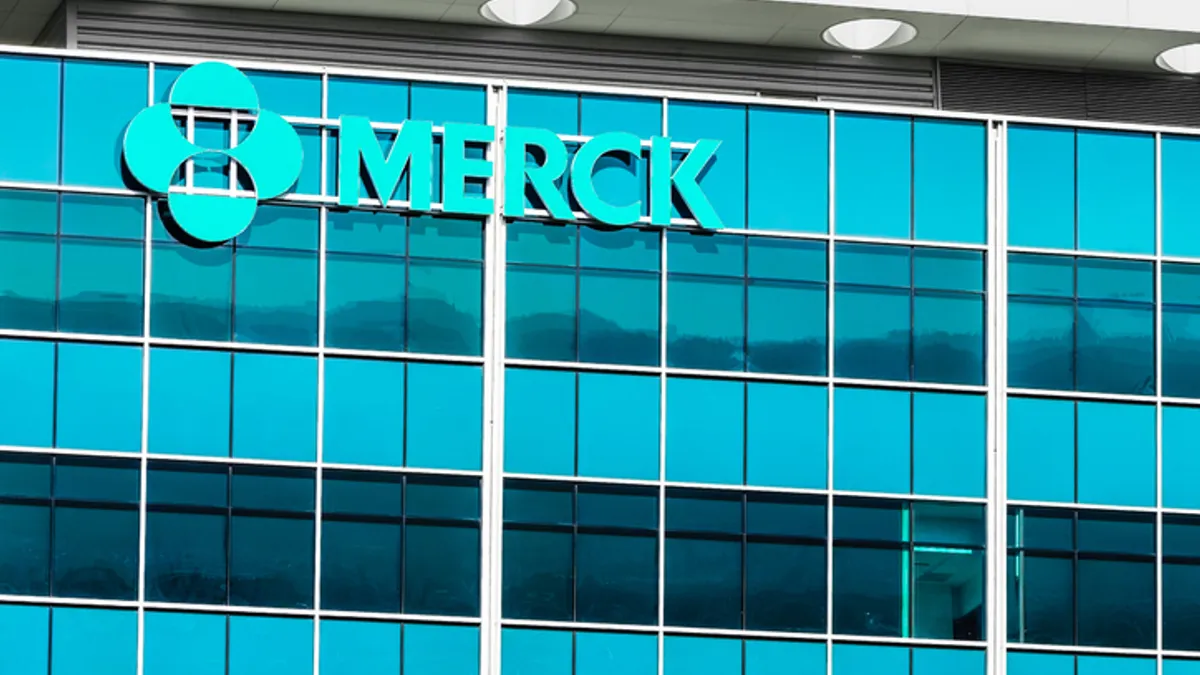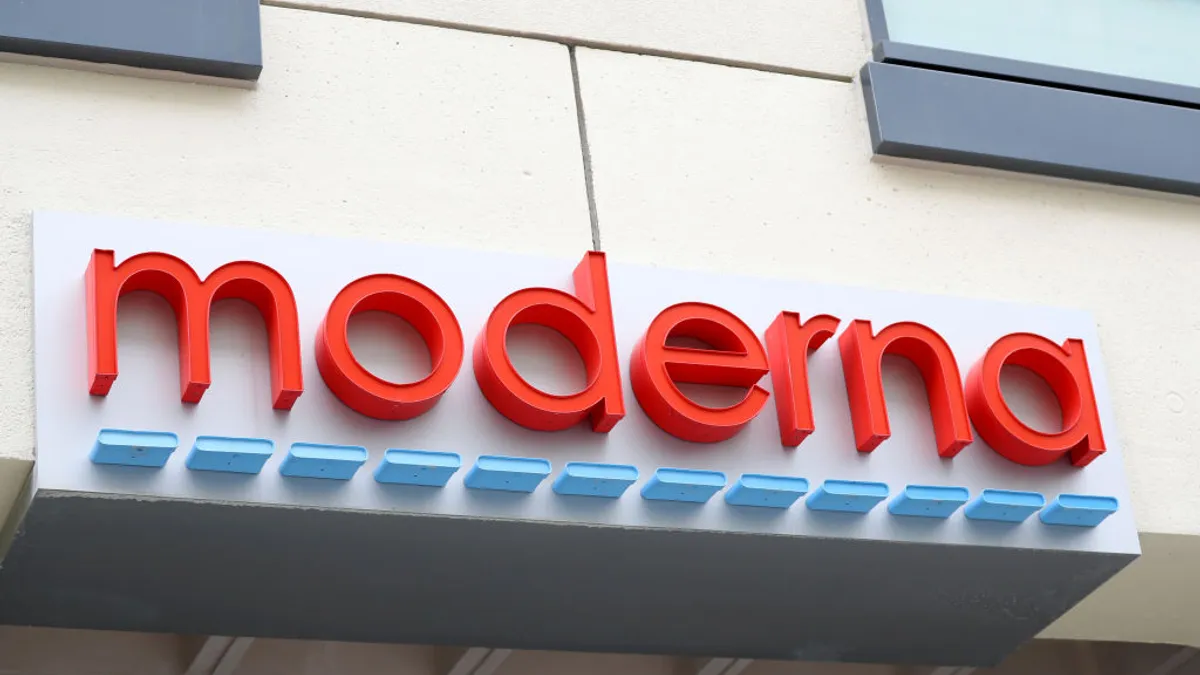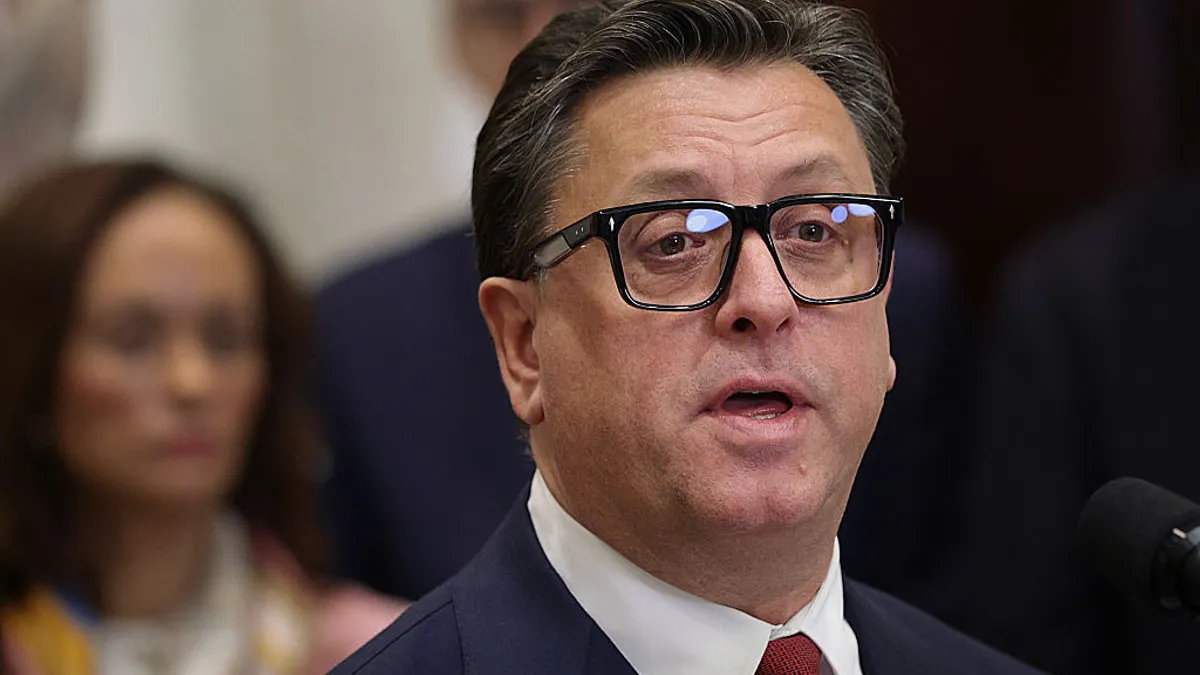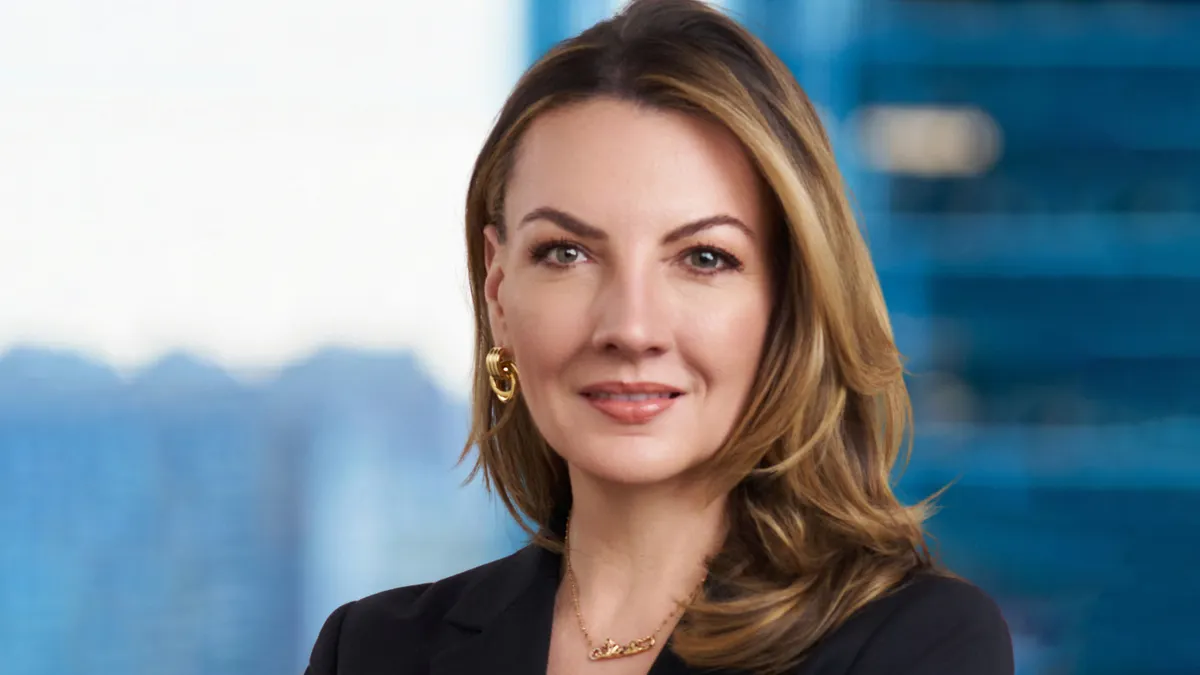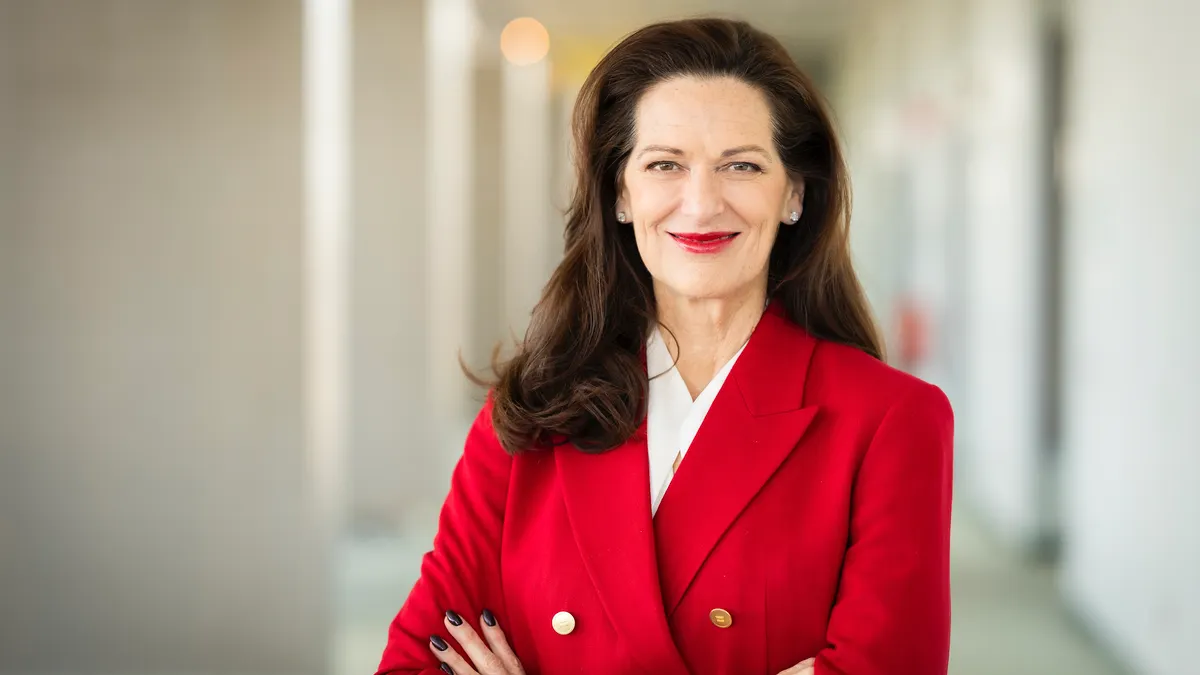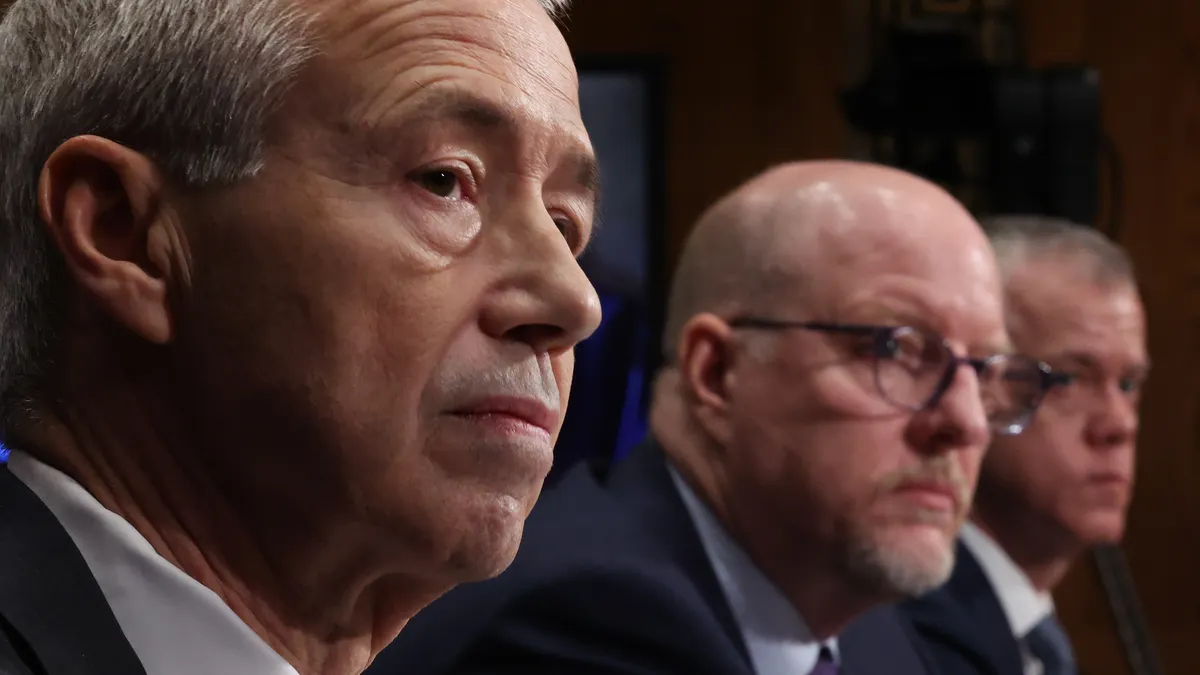Welcome to “Day in the Life,” a series examining what it’s like to walk in a pharma exec’s shoes. Today, we’re going behind the scenes with Maya Martinez-Davis, president of U.S. GSK, to learn how she balances frequent meetings and travel while the company goes to market with a string of new drugs.
In focus with: Maya Martinez-Davis, president, U.S. GSK
The latest with GSK: Like many major pharma companies, GSK is revamping areas of its pipeline to adjust to the industry’s shifting winds.
A long-time leader in vaccines, the company has been gut-punched by declines in the sector and competitive forces. In the first quarter this year, GSK reported an overall 6% sales drop for vaccines as income from its shingles shot Shingrix slid 7% and plummeted 57% for its relatively new RSV jab Arexvy.
More pain could be on the way as U.S. regulators heap uncertainty onto the vaccine space. Most recently, HHS Secretary Robert F. Kennedy Jr. fired all 17 members of a CDC advisory committee for vaccines. U.S. health agencies have also added restrictions to COVID-19 shots and are considering new rules that could increase the time and cost of vaccine drug development.
While GSK navigates this challenging regulatory landscape for vaccines, it’s leveraging specialty medicines and an oncology pipeline to drive future growth.
The company has notched three new FDA drug approvals in recent months and is gunning for two more before the year’s done, including a potential nod for the multiple myeloma drug Blenrep, which GSK predicts could become a blockbuster.
Behind the scenes, Maya Martinez-Davis, GSK’s U.S. president, is leading the charge for the company’s new launches. It’s a role that keeps her on the move between her home in Florida and three GSK sites along the country’s Eastern seaboard.
While balancing travel, meetings with business partners, including wholesalers and retail pharmacies, and check-ins with her team, Martinez-Davis has also been busy delivering a message to stakeholders about the value of disease prevention.
Although the company is strengthening pillars in various therapeutic areas, it remains strongly committed to its historic stake in vaccines and broader goal of disease prevention.
“GSK’s mission is about getting ahead of disease,” Martinez-Davis said. “There have been a lot of medical advances but there’s still a lot to do as the population ages and chronic diseases take a toll. There’s value in prevention in every area — respiratory, oncology, specialty products and vaccines — and that’s where we’re well positioned to make an impact.”
Here's a behind-the-scenes peek at how Martinez-Davis is executing that goal.
A look at Martinez-Davis’ day
How she gets her start: I’m based in Miami but split my time between three different sites in North Carolina, Washington, D.C., and Philadelphia. I travel every week but I try to stay in hotels that are walking distance from the office, which gives me time to call home on the way to work to make sure everything’s OK. And I normally start early because we work for a company based in London so there can be a lot of calls to the U.K.
A focus on new drug launches: It’s a really exciting year for us because we’re anticipating five drug approvals and there’s nothing that gives an organization more energy than when you launch a product. Everyone has been working together for that day when you get the drug approved and get it to patients.
We got three under our belt in the first quarter — a meningococcal vaccine, Penmenvy, and then Blujepa, which is exciting because it’s the first oral antibiotic for uUTIs and the first advance in the field in over 30 years. Over half of women experience a UTI and many suffer from recurrences, so this is a very important option.
The third that just happened was Nucala for COPD, which impacts more than 390 million people globally and is the third leading cause of death.
We have [potential FDA approvals] ahead for Blenrep in multiple myeloma, where we’ve great results extending life, and depemokimab for severe asthma and nasal polyps, which brings new innovation for patients.
Tuning out the noise around regulatory changes: There’s a lot going on externally and what I focus on as a leader is: What is controllable? I try to define a problem, think about the desired outcome and get everyone on board about what we have to deliver. Everybody reacts to changes differently. Some are afraid, some are excited. But the uncertainty is difficult, so I’m trying to keep people focused and reassure them that we’re in the right place and we have clear goals we can achieve.
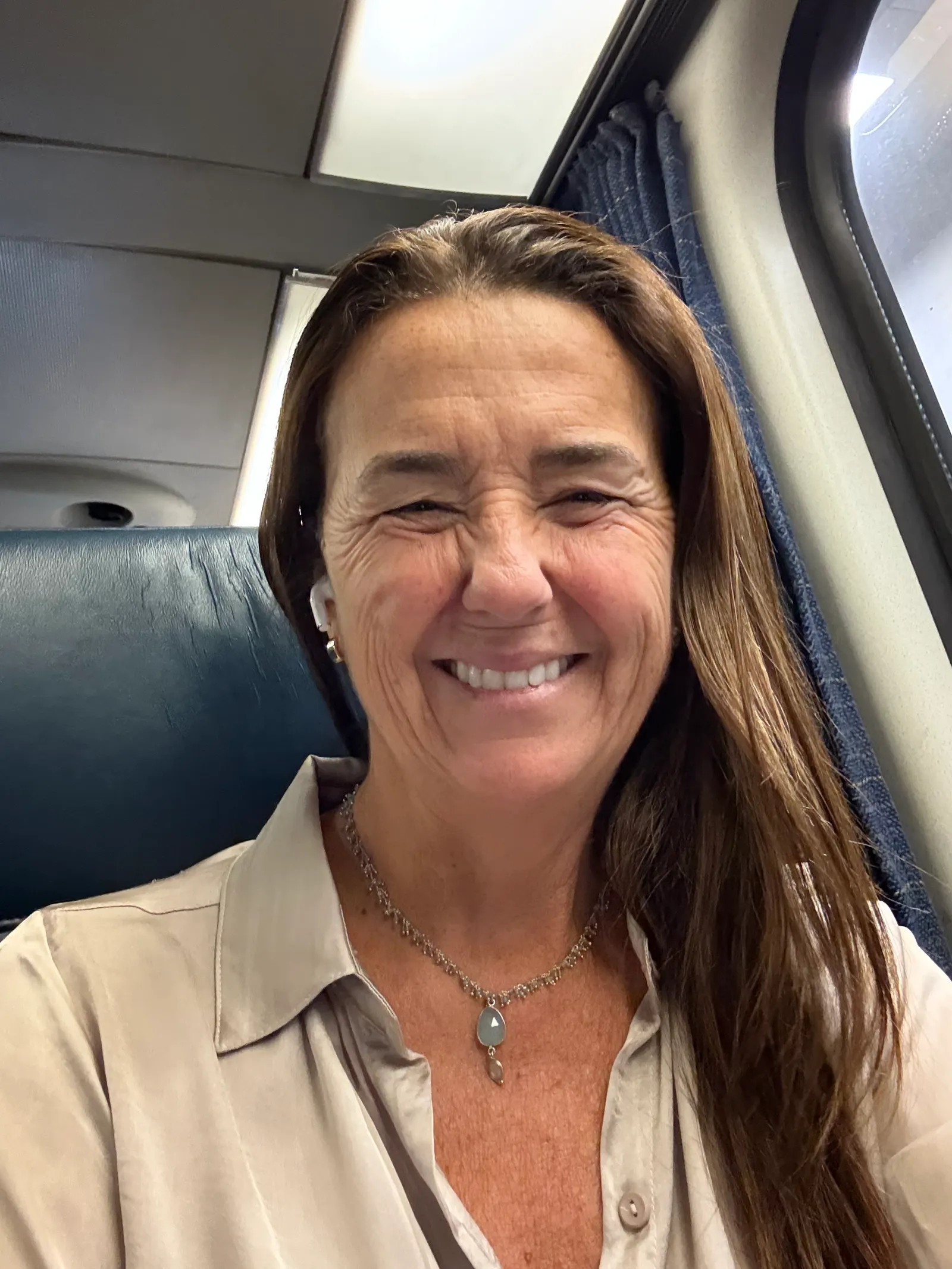
Life in the air: I’m originally from Madrid and I have an American mother, but she’s lived in Spain for 65 years. My husband is also Spanish, so our families are both there and we visit them at least once a quarter. I’m also at a British company, so I often have to go to London too, and sometimes we’ll go for a long weekend to both places and come back Monday.
When I go to Europe, I get there and hop in bed for a few hours, and that helps with jet lag.
Combating vaccine skepticism: We are extremely committed to the goal of disease prevention. But the reality right now is that immunization rates are stalling and millions of infants are missing out on critical vaccinations. The U.S. spends more than $9 billion a year on vaccine-preventable diseases and 79% is for people who are unvaccinated. We are right to be worried about misinformation, and we need to have a strong voice and convey our message about vaccine confidence.
We work with all administrations and are focused on partnering with patient groups to reinforce the value of vaccines, and that’s what we’re going to continue doing. Vaccines are a large and important part of our business, so it’s a key focus.
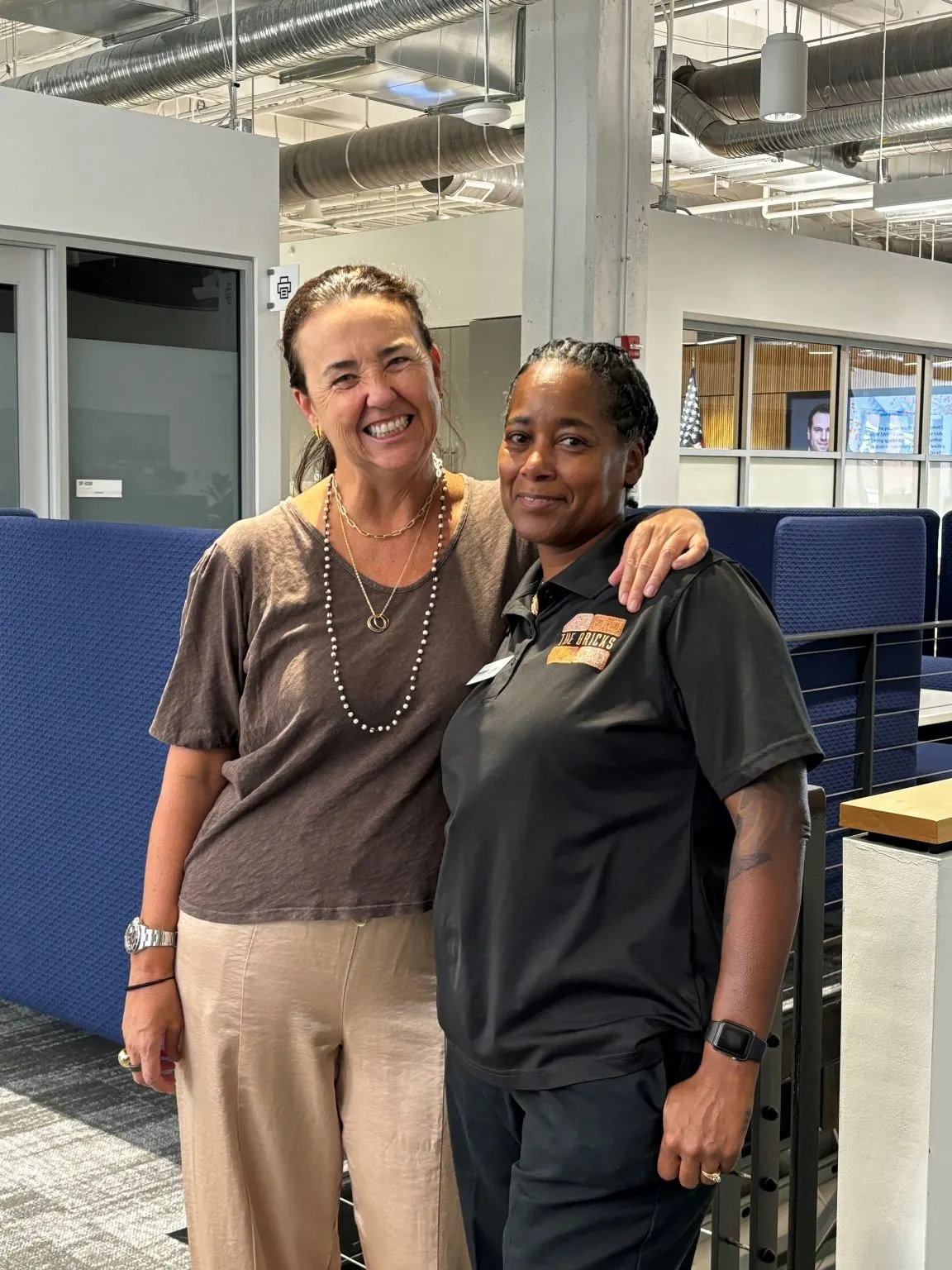
How much of her day is spent in meetings: I try to be a present leader, [and] you have to be very intentional about prioritizing your time, otherwise you’d always be in meetings. I make sure mine are fruitful meetings and that we get to decisions and have the right conversations.
But I’m also a big coffee-in-the-hallway type of person and know it’s important to keep that temperature check on how your organization is doing at different times. Now at the mid-year point there’s a lot going on, so I’m asking people how they’re feeling. With your team it’s all about generating trust and that comes from understanding where everybody is and what they’re dealing with.
The leadership quality she’s working to cultivate: When you lead a big organization one of the things that is the hardest but most rewarding is creating a culture that’s collaborative, and where everyone is encouraged and empowered. I know it sounds very easy but it’s hard to do. I also believe in diversity of thought, and of experience and ideas. You need to have people who can bring different views to help you look for innovative solutions.
A strategic focus on patients: Improving patient experience is a big focus for GSK going forward. The access journey can be very difficult for some patients trying to figure out how they get coverage or make an appointment. So we’re always looking at how we can help patients — either through technology or partnerships — once they get the prescription to ensure they are going through the right channels so they can get the product administered.
For example, EasyVax is a platform for [patients who] want a shingles vaccine [to help them be] directed to a schedule at a nearby location to make an appointment. That is something we haven’t done in the past. So we’re learning about these options and how we can make the journey easier for patients.

Her happy place: After work, my husband and I walk a lot on the beach and do a lot of swimming. And I love sunrises and sunsets, and they’re so beautiful in Miami. If I see a good one, I take a picture.





